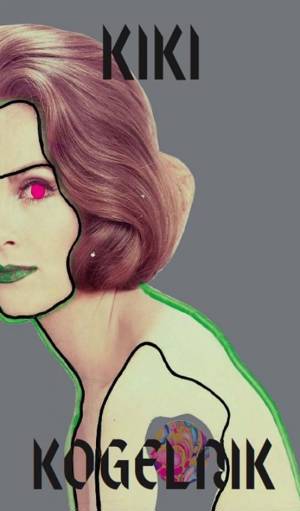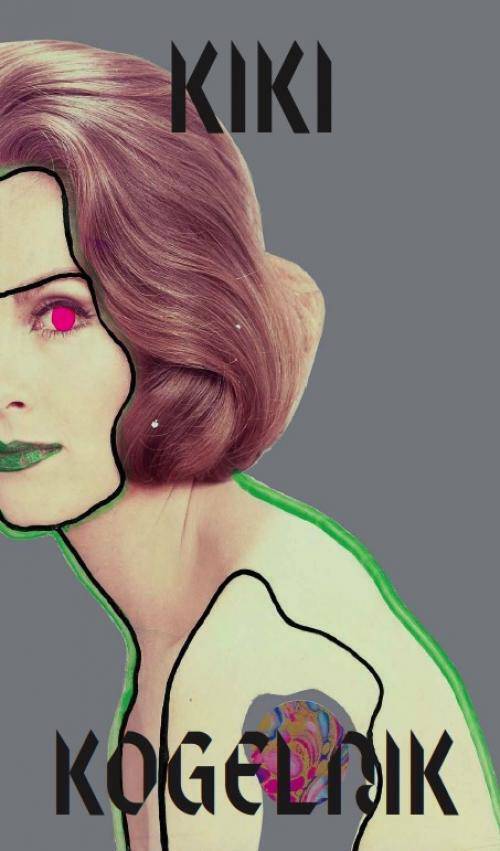
Bedankt voor het vertrouwen het afgelopen jaar! Om jou te bedanken bieden we GRATIS verzending (in België) aan op alles gedurende de hele maand januari.
- Afhalen na 1 uur in een winkel met voorraad
- In januari gratis thuislevering in België
- Ruim aanbod met 7 miljoen producten
Bedankt voor het vertrouwen het afgelopen jaar! Om jou te bedanken bieden we GRATIS verzending (in België) aan op alles gedurende de hele maand januari.
- Afhalen na 1 uur in een winkel met voorraad
- In januari gratis thuislevering in België
- Ruim aanbod met 7 miljoen producten
Zoeken
Kiki Kogelnik: I have seen the future!
Cat. Kunstverein Hamburg
Angela Stief, Annette Tietenberg, Florian Waldvogel
Paperback | Duits, Engels
€ 47,95
+ 95 punten
Omschrijving
All dreams are in us propheticRockets, guns, body fragments, collages, stencils, spray paints and crazy colours are the characteristic elements that populate Kiki Kogelnik's multicoloured universe. Kogelnik was born in 1935 in Graz and grew up in Klagenfurt, Carinthia. After her time at the Vienna Academy, she left for the USA in 1961, ultimately settling in New York City in 1962. It is then no accident that the East-Coast Pop Art canon, popularised by her male counterparts at this time, resonates in her work. But contrary to the material games or pronounced brand fetishism of her contemporaries, the young Austrian hoisted the standard of expanding consciousness and, from Pop Art's very inception, viewed the relationship between the love of technology and conquest mentality with an extremely critical eye. It is possible to see this in her paintings, alternatively they can be read as critical statements, as well as a naïve contemporary witness to sixties' euphoria. Utopia is the magic watchword that sums up Kiki Kogelnik's formal and thematic peregrinations; she is interested in transformation, in overcoming the perplexities of space and time, and she always considered the present to be the start of a better future. Small wonder than that she espoused Women's Lib and, from that point on, devoted herself to issues of gender affiliation. The retrospec-tive exhibition at the Kunstverein Hamburg and the elaborately designed and printed catalogue, bear eloquent witness to all these various stages in the oeuvre of an unusual artist. Kiki Kogelnik died in Vienna in 1997.
Specificaties
Betrokkenen
- Auteur(s):
- Uitgeverij:
Inhoud
- Aantal bladzijden:
- 216
- Taal:
- Duits, Engels
Eigenschappen
- Productcode (EAN):
- 9783864420245
- Verschijningsdatum:
- 25/10/2012
- Uitvoering:
- Paperback
- Afmetingen:
- 165 mm x 245 mm
- Gewicht:
- 556 g

Alleen bij Standaard Boekhandel
+ 95 punten op je klantenkaart van Standaard Boekhandel
Beoordelingen
We publiceren alleen reviews die voldoen aan de voorwaarden voor reviews. Bekijk onze voorwaarden voor reviews.









